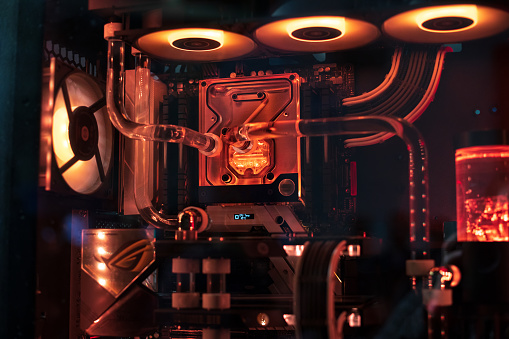There is a lot of controversy about whether it's really worth speeding up your computer. On the one hand, increasing the speed of the hardware can deliver impressive performance. On the other hand, if you do it wrong, you can actually damage the hardware and shorten its life. So, is it worth the risk of putting your computer on the back burner? In this article, we'll look at some of the pros and cons of caching and help you decide for yourself whether it's right for you or not.
The first thing to consider when deciding whether or not to accelerate your computer is how much performance you expect to achieve. If you only want a slight increase in overall speed, then it may not be worth the effort of caching. However, if you want a significant increase in the performance and/or responsiveness of your computer, then it's definitely worth doing.
The second thing to consider is the cost of increased caching. Overclocking may require the purchase of additional components or other materials, and there is always a chance that something may go wrong during the process. If you don't like to tinker, it might be better to leave the overclocking alone and just stick to the basic settings.
The third thing to consider is the potential for damage that could be caused by speeding up. If you over- or under-rate, you can damage components and shorten their lifetime. It is important to be aware of the potential risks and make sure you know exactly what you are doing before attempting any caching changes.
Ultimately, whether it's worth it to speed up your computer will depend on how much of a performance boost you're looking for, how much you're willing to spend on additional components and materials, and how comfortable you are with your computer. Ultimately, only you can decide whether acceleration is right for you. We hope this article has given you some food for thought to help you decide. Good luck!

